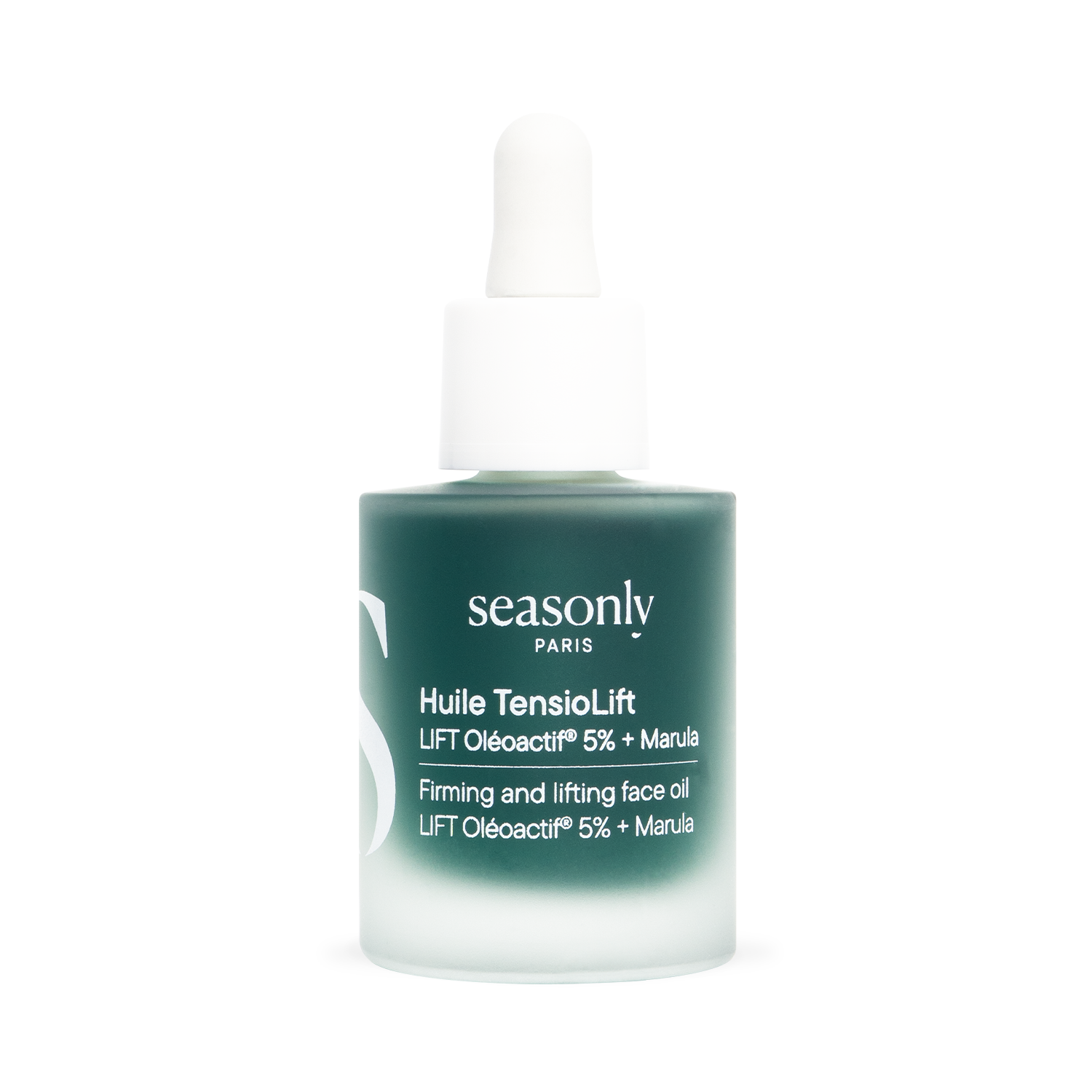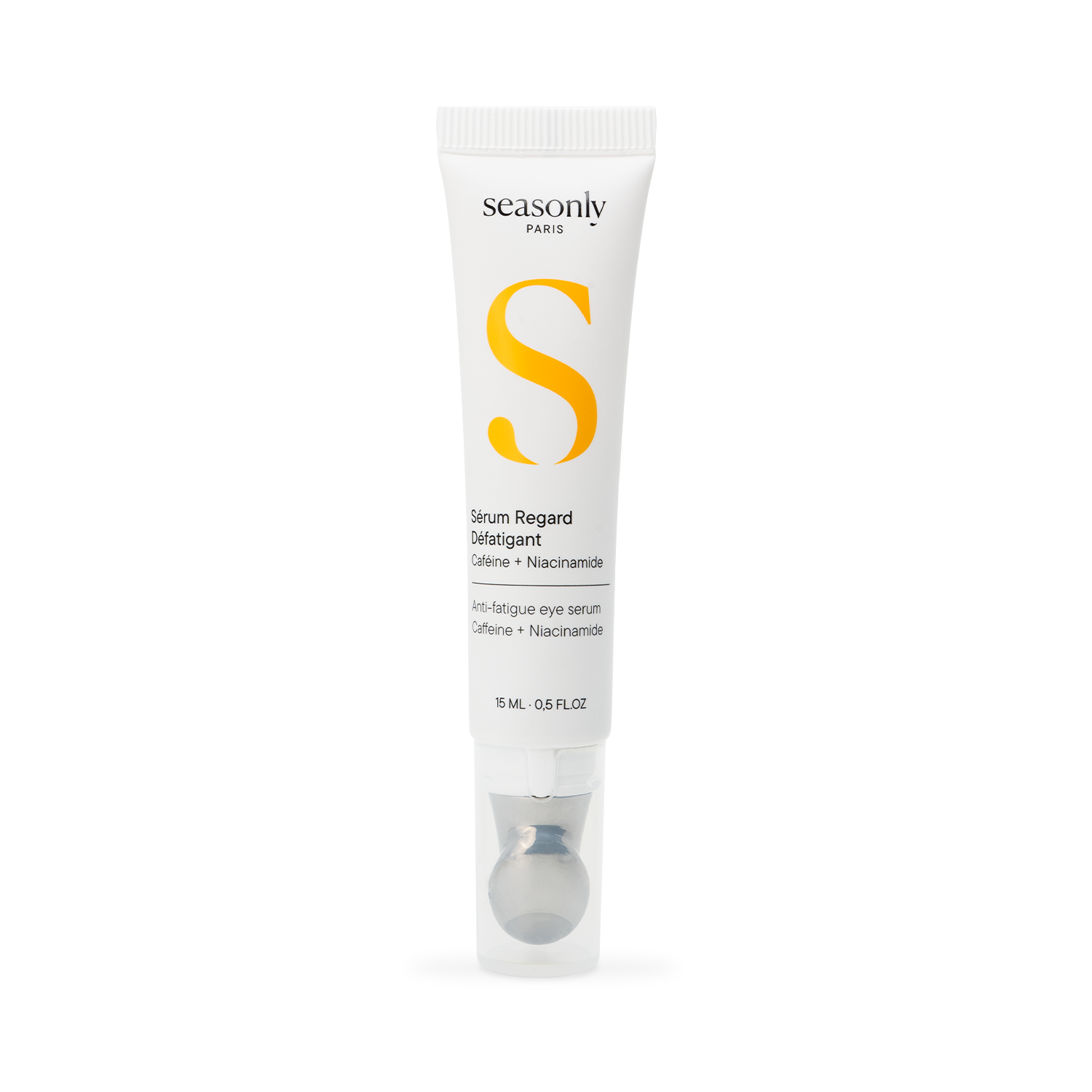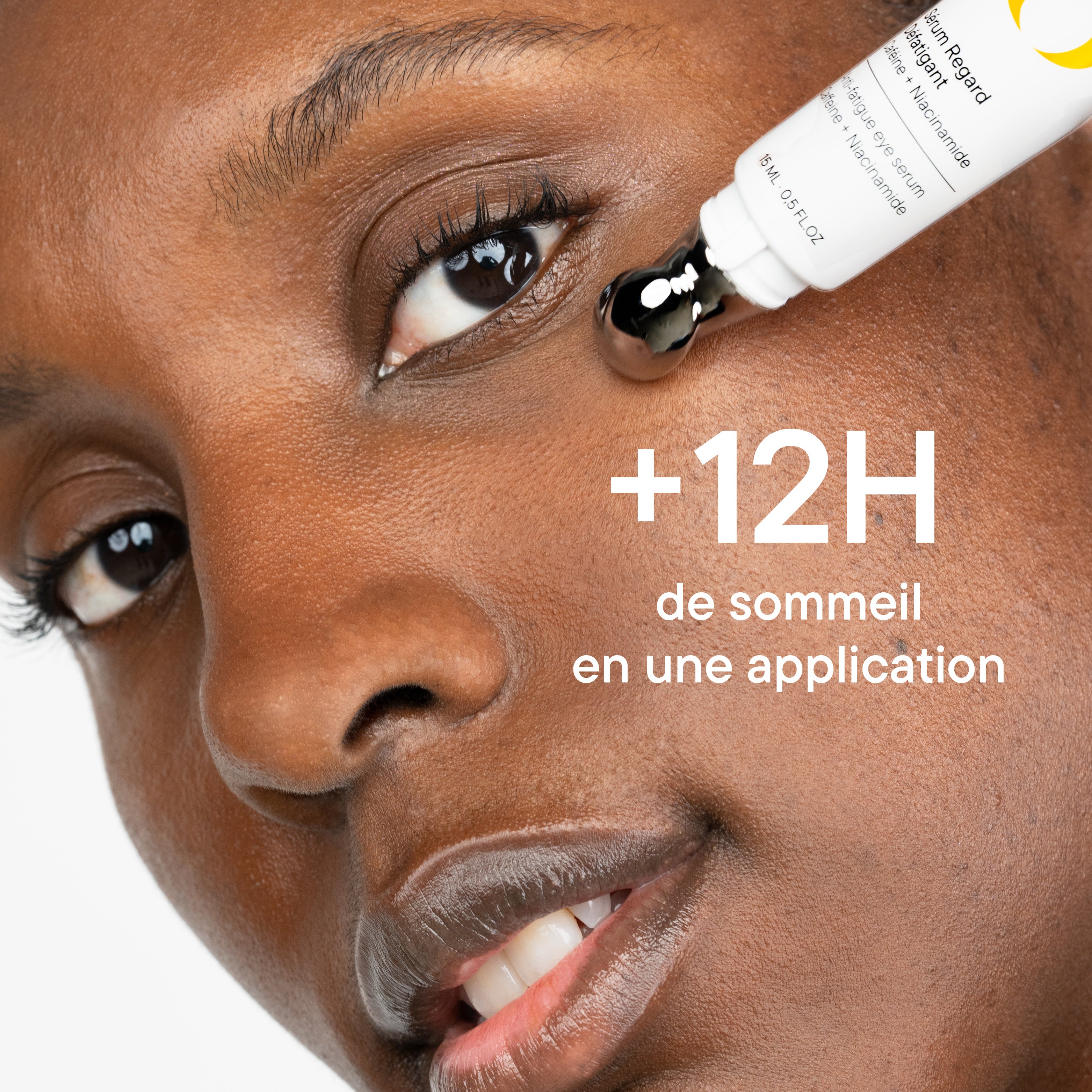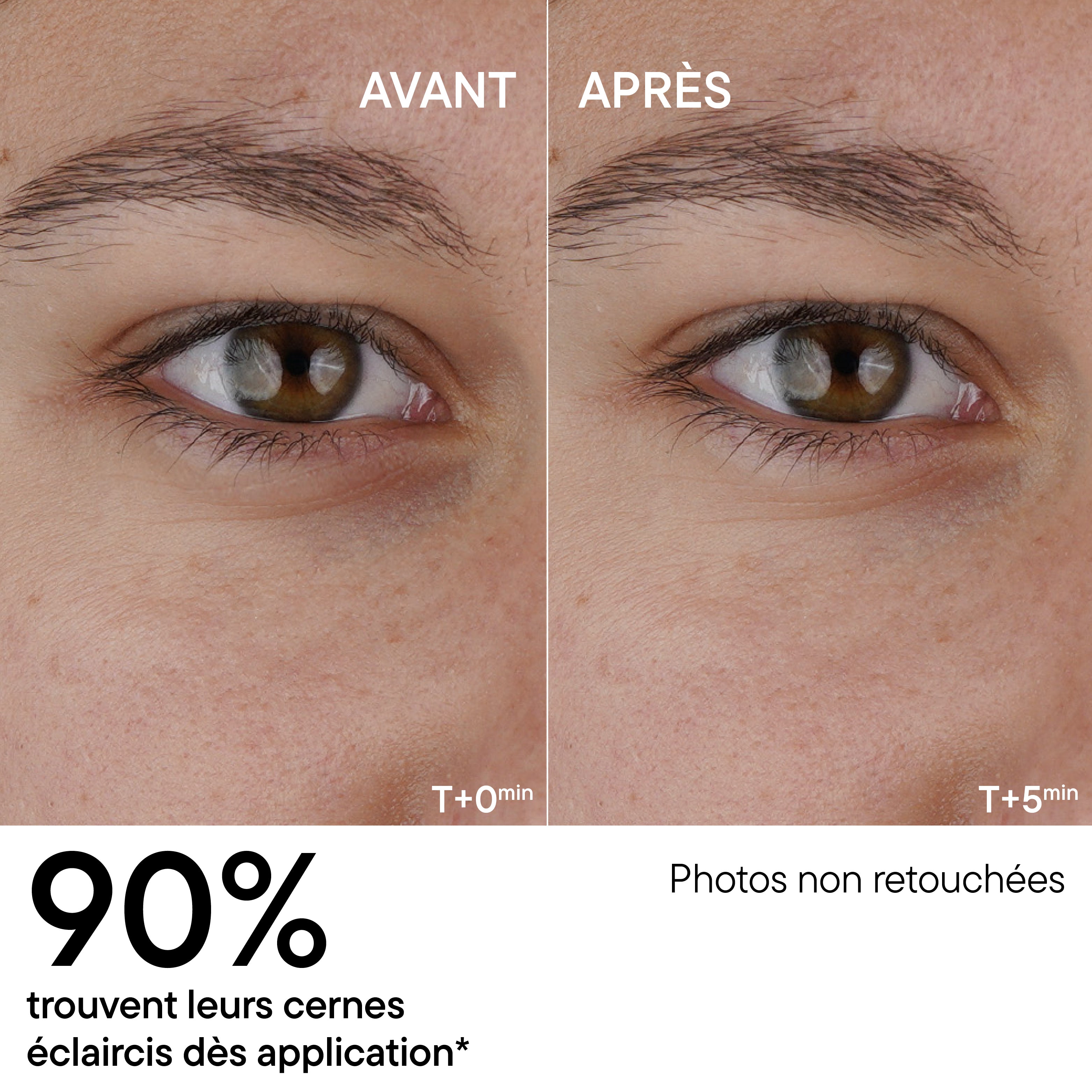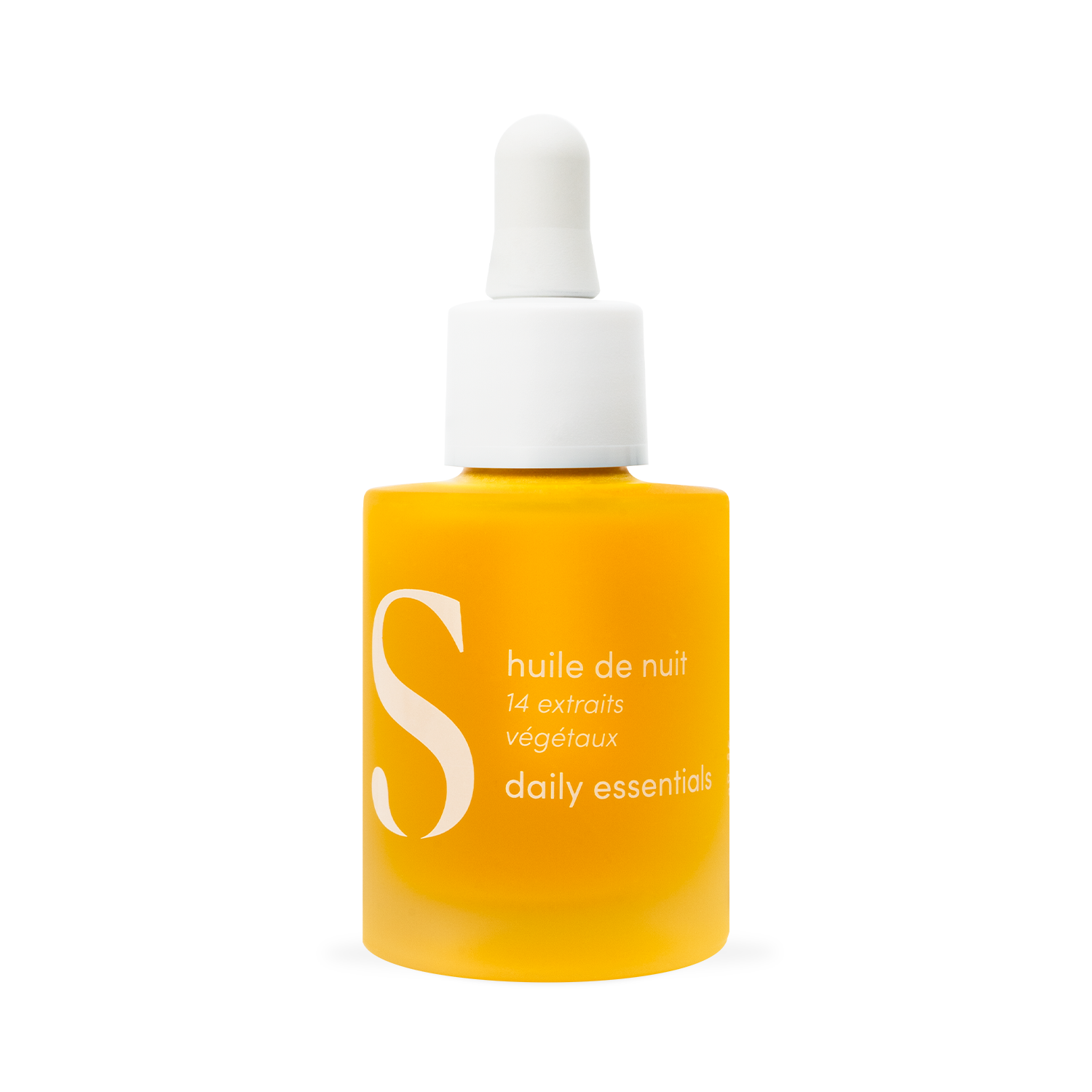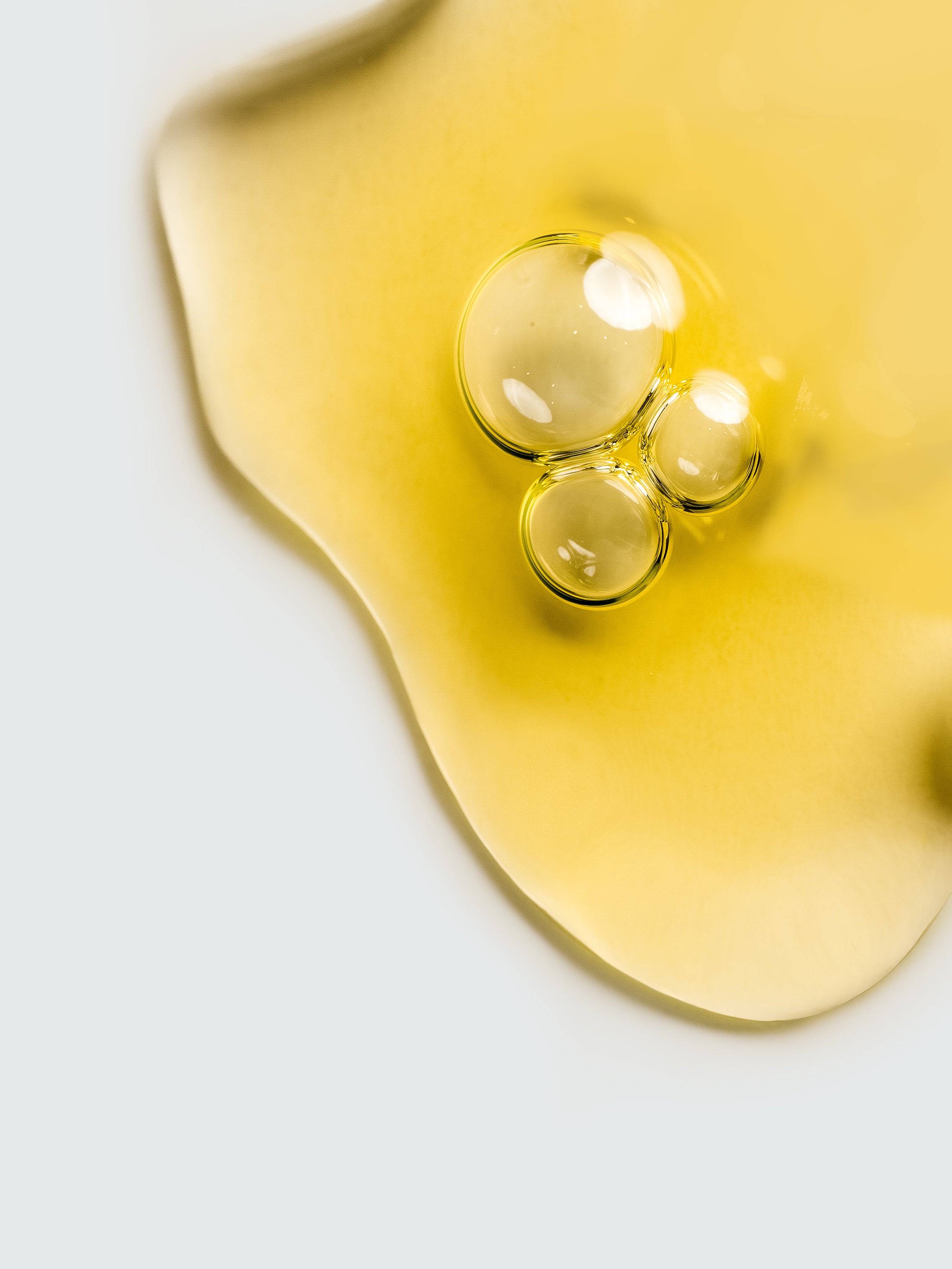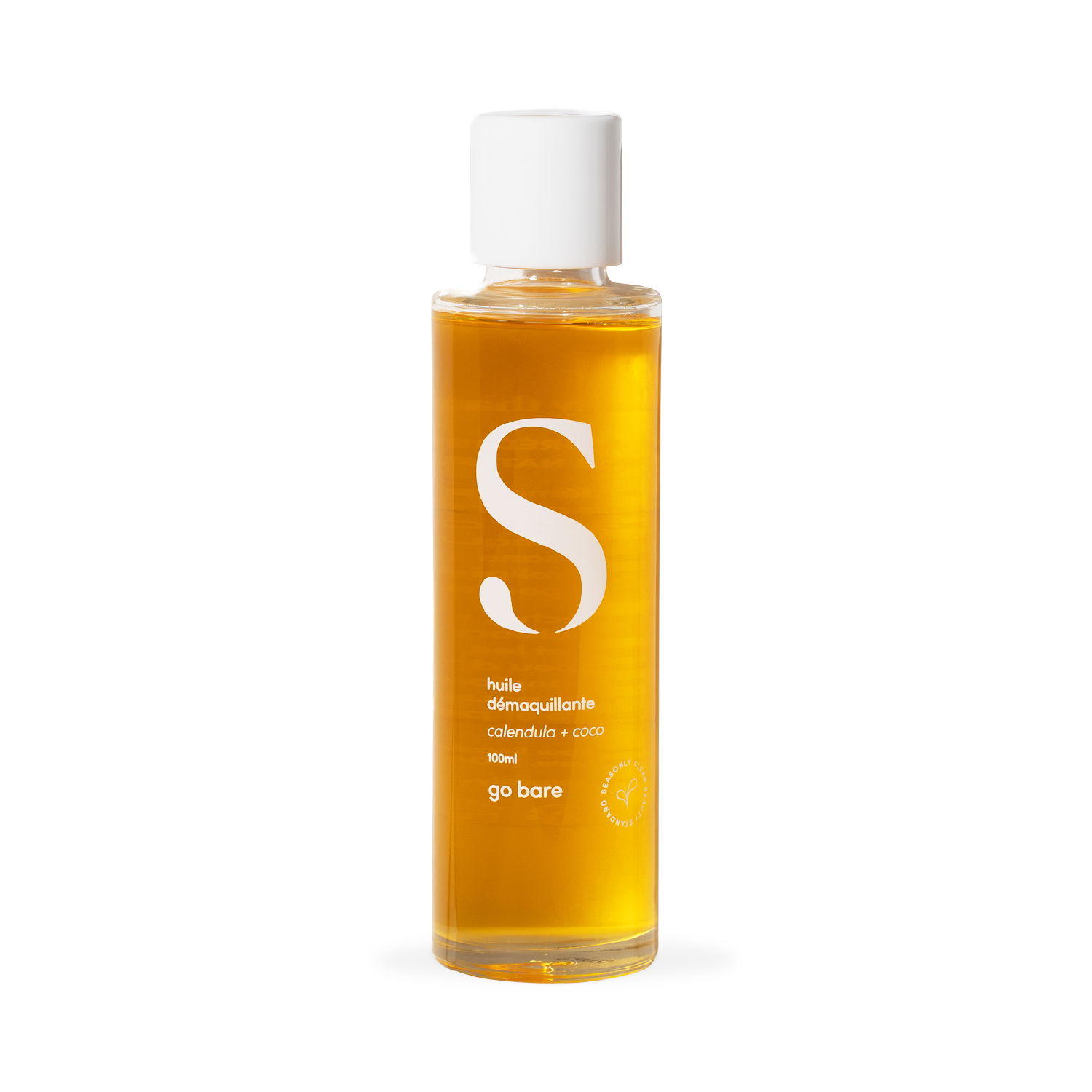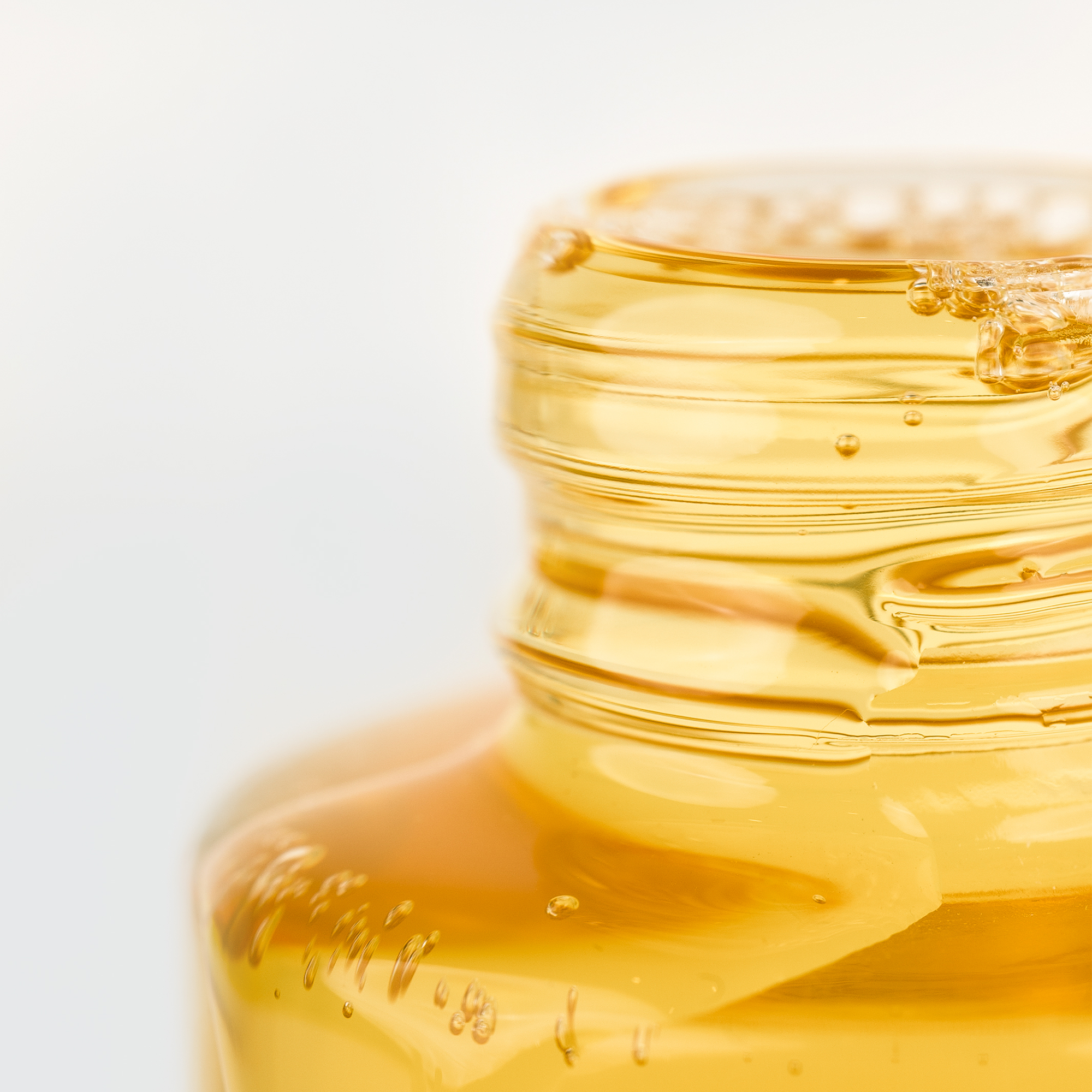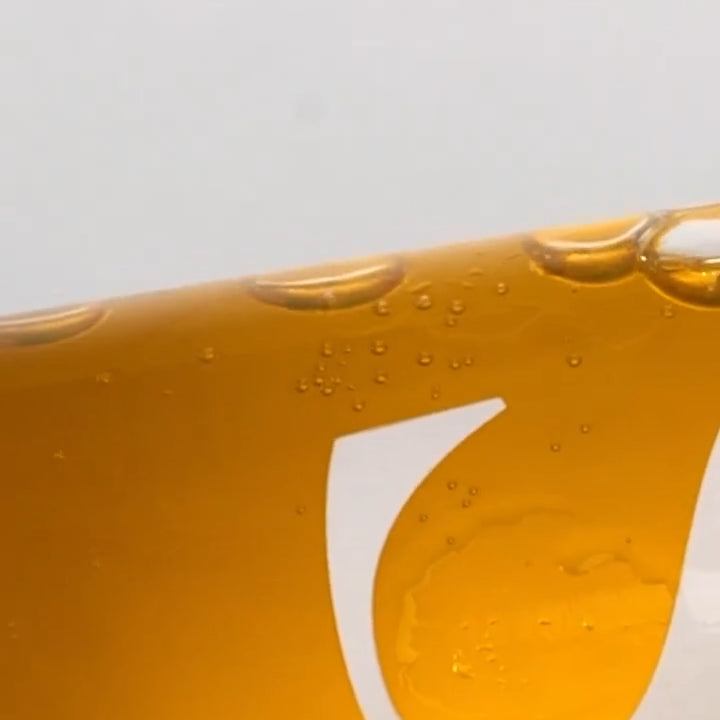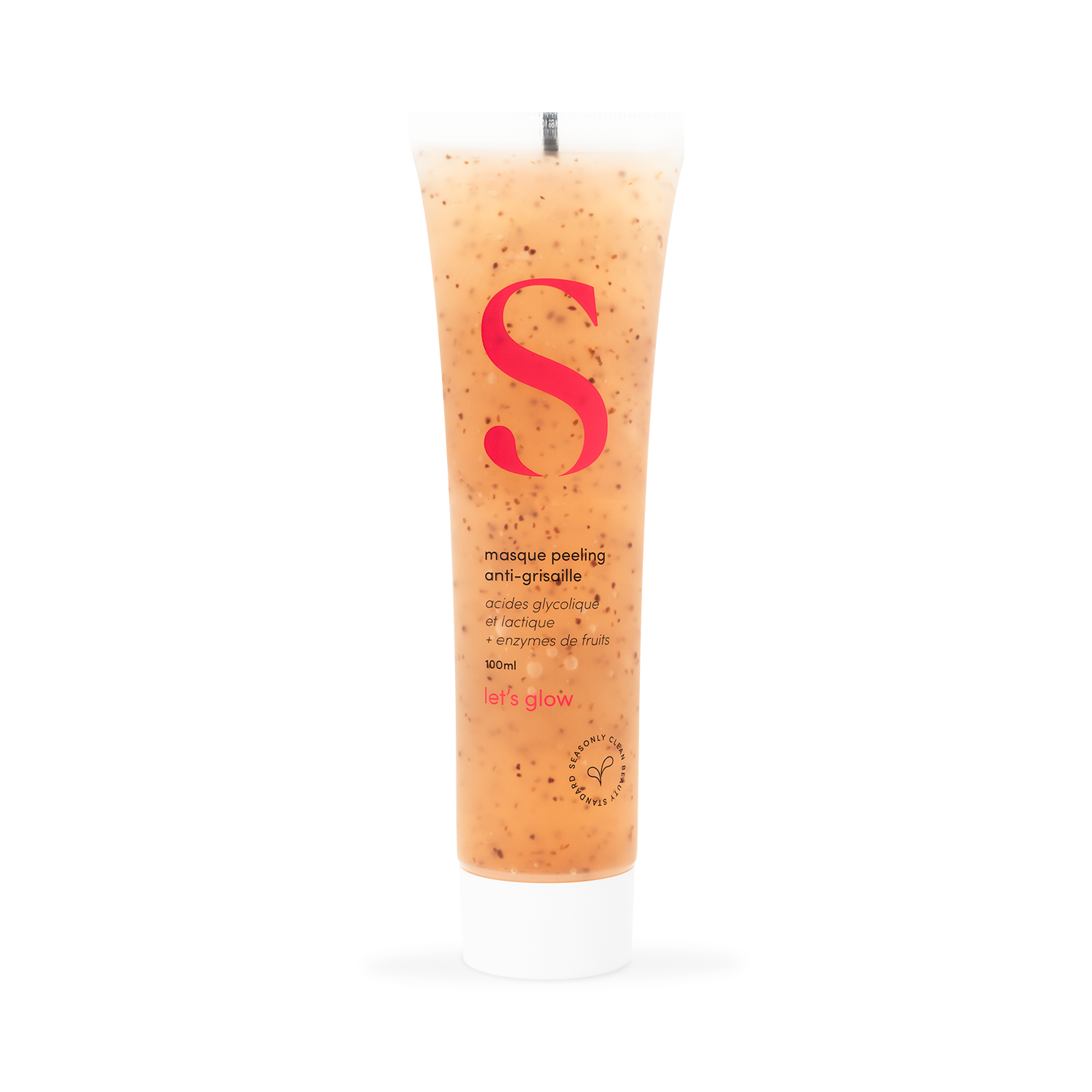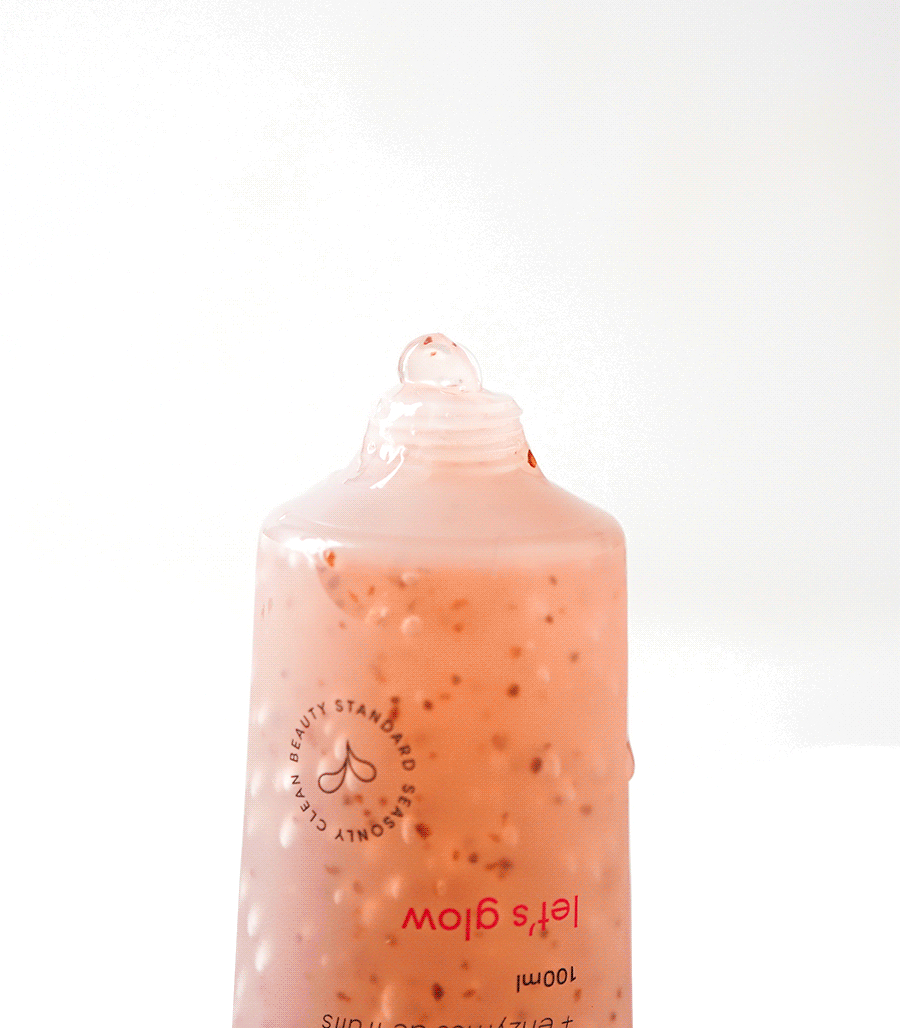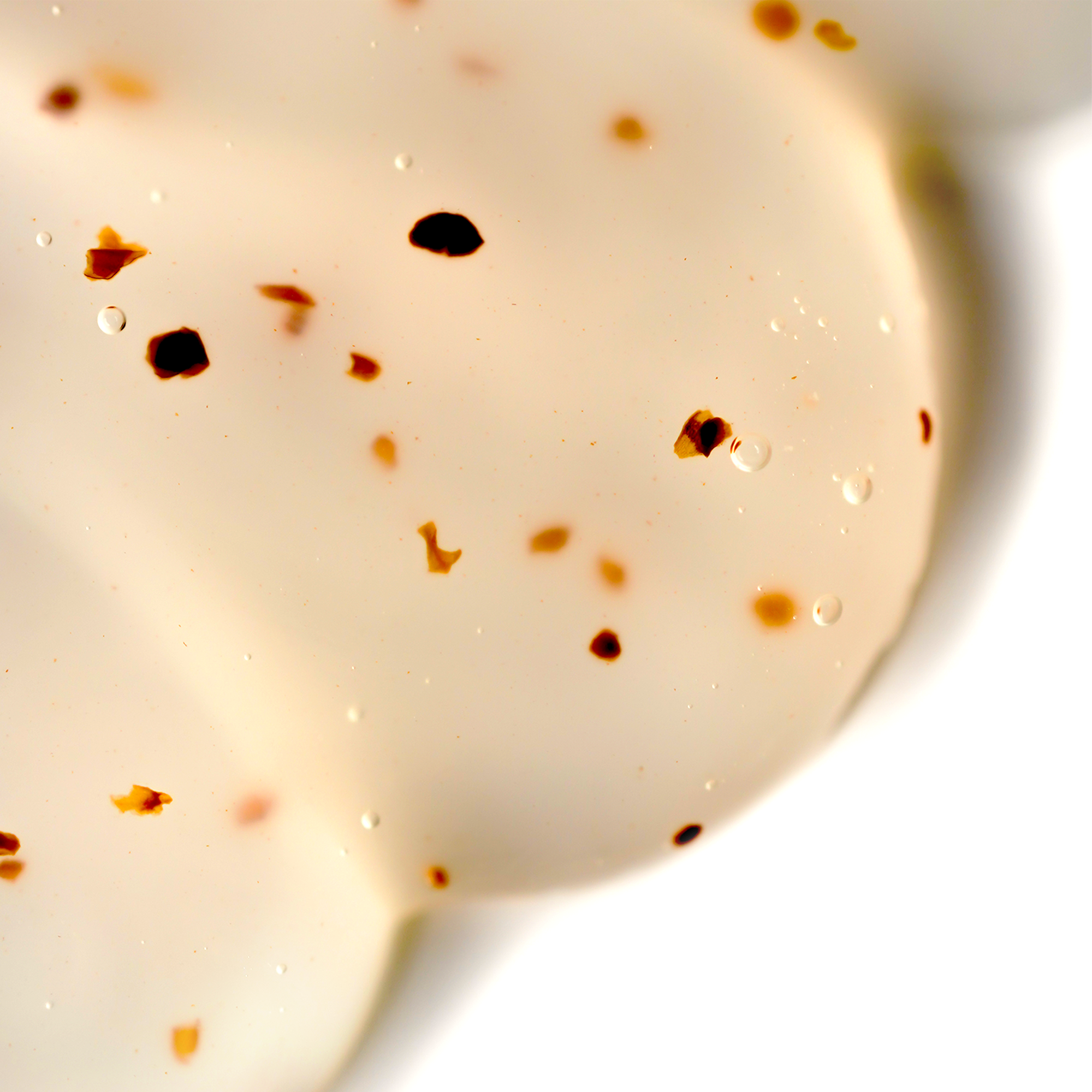What are the effects of stress on your skin?
Have you ever wondered why your skin reacts so strongly to your emotions? What are the concrete effects of stress on the condition of your skin?
Imperfections, dull complexion, redness, itching, wrinkles… Stress doesn’t just weigh on your mental well-being; it also leaves its visible mark on your skin.
Have you ever heard of cortisol? This stress-triggered hormone can disrupt the balance of our skin. This imbalance manifests itself in a multitude of skin problems, from blemishes to signs of premature aging.
In this article, we explain the effects of stress on the skin, and we give you practical tips to soothe your skin and reduce your cortisol levels.
Actions and effects of stress on the skin
The interaction between the skin and the nervous system begins at conception, since these two embryonic structures derive from the same tissues. This establishes a fundamental link between our mental state and the appearance of various skin pathologies.
Stress, as a physiological defense mechanism against situations perceived as dangerous, can nevertheless have a deleterious impact on our organism when it becomes prolonged or chronic. This type of stress generates a cascade of biochemical reactions, having harmful systemic effects.
When stress sets in, the secretion of cortisol, a key hormone in the stress response, increases significantly. This spike in cortisol triggers inflammatory processes that result in hypersensitivity, redness and accelerated skin aging.
Cortisol is known for its disruptive role on the epidermal immune system. It can induce allergic reactions, compromise the integrity of the skin's barrier function and alter its microbiome, thus leading to destabilization of the skin's balance and an increased predisposition to dermatological disorders.
Under the influence of cortisol, many skin conditions can manifest, leading to various unpleasant effects:
- Acne
Cortisol, often referred to as the “stress hormone,” stimulates the production of sebum. This excess sebum can clog pores, leading to the appearance of blackheads and acne pimples.
Depending on the individual, these stress-related pimples can appear only on the face or spread over the body, either scattered or in patches.
- Dry and itchy skin
Stress disrupts the balance of the skin barrier, weakening the hydrolipidic film, which plays an essential protective role. When this film is altered, the water naturally present in the epidermis evaporates more quickly.
Less protected against external aggressions, the skin becomes dehydrated and dry, causing significant discomfort: tightness, itching, burning sensations and irritation can occur at the slightest friction.
- Oxidative stress and skin aging
Just like tobacco, UV rays, pollution and other environmental factors, psychological stress stimulates the production of free radicals in our body, leading to oxidative stress. This imbalance is responsible for cellular aging, and therefore premature aging of the skin.
Additionally, the stress response results in an increase in glucocorticoids, which affect the production and breakdown of collagen, proteoglycans and elastin, essential elements of skin structure.
Result: the skin loses elasticity and firmness, wrinkles and fine lines appear more quickly, the complexion becomes dull, and pigment spots can form.
- Altered complexion
Beyond cortisol, stress triggers the release of several hormones such as adrenaline, oxytocin, and vasopressin. Each of these hormones causes chain reactions in our body and skin.
Depending on the nature of the stress, these hormones can cause vasoconstriction, i.e. a reduction in the diameter of blood vessels in the skin. This phenomenon impairs microcirculation, which is necessary to nourish skin cells. As a result, the complexion becomes paler, sometimes gray.
The delicate area around the eyes, where the skin is very thin, particularly reveals these effects: dark circles become darker and more pronounced, and bags may appear under the eyes.
Conversely, in some cases, stress causes vasodilation, leading to an increase in the diameter of the blood vessels in the skin. The face may then redden, either uniformly or in patches.
- How to reduce the effects of stress on the skin?
- Adapt your skincare routine
If you are prone to stress-related acne and a dull complexion, we recommend using theBlemish Serum . This serum contains niacinamide, which has anti-inflammatory properties and helps protect the skin barrier, as well as bakuchiol to promote cell turnover.
To improve a dull complexion or reduce pigment spots, vitamin C is undoubtedly one of the star ingredients of recent years. It helps to brighten the complexion and make pigment spots disappear by promoting cell renewal. In addition, some studies suggest that vitamin C protects the skin from UV rays, although it does not replace sunscreen, by reinforcing the effectiveness of your sunscreen.
But that's not all: vitamin C also has antioxidant properties that help fight free radicals and stimulate collagen production, helping to prevent skin aging. In short, it's a real asset for your skin. Note that oxidation can be exacerbated by stress, tobacco, pollution or sun exposure.
You can find this formula in our C+Activ Serum , an antioxidant serum concentrated with 15% vitamin C, designed to even out skin tone, reduce pigment spots and slow down skin aging, while providing smooth and even skin. This product is silicone-free, vegan and natural, with 95% ingredients of natural origin.
However, if you have inflammatory blemished skin, vitamin C can be irritating and cause the opposite effect.
For dry or flaky skin, it is essential to moisturize and nourish your skin daily to support its regeneration and protect it against dehydration and external aggressions. In case of itching or tightness, we recommend our TensioLift Cream , a rich cream that helps retain moisture while plumping the skin. For an immediate soothing and decongestant effect, do not hesitate to keep your treatment in the refrigerator.
- We adapt our lifestyle
To cope with stress and protect your skin, it’s crucial to address the sources of stress. Why not start with a wellness routine that includes yoga? Whether it’s for mental calm or to loosen up your body, a few yoga sessions a week can really make a difference. Meditation, even just a few minutes a day, also helps to calm the mind and reduce anxiety.
Let’s not forget about nutrition! What you put on your plate has a huge impact on your skin and mood. Consider incorporating foods like green tea, chamomile, nuts, and of course, a little dark chocolate—a real treat that fights anxiety!
And most importantly, get enough sleep. A good sleep cycle is essential: don’t let lack of sleep make you more stressed or irritable. Give yourself breaks away from screens, social media, and constant notifications. Take a short walk, take a deep breath, or immerse yourself in a good book.
It is by taking care of your mind and body that you can truly make peace with stress.
- Reflexology
We don't necessarily think about it, but reflexology can really help you reduce your cortisol levels! By stimulating specific points on the face, like the Cupid's bow, you promote blood circulation and soothe your stress.
To enjoy the benefits of reflexology, do not hesitate to massage this area every day. You can also use tools like gua sha to reinforce the effect, or try our reflexology tool.
If you want a more advanced experience, we recommend booking a massage session at Skin Studio. If you are in Paris, come and try our facial massages: in 30 minutes or 1 hour, our facialists sculpt, lift and relax your face!






